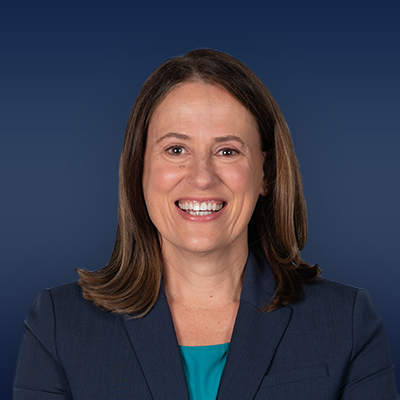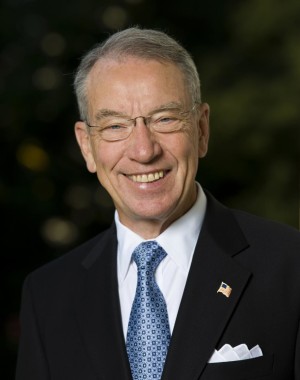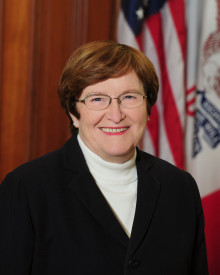This summer Senator Tom Harkin held a “Building Blue” contest for Democrats running for the Iowa legislature. Representative Eric Palmer and Senator Tom Rielly received the most votes on Harkin’s website, and their campaigns each received $5,000 from Harkin’s campaign fund. Another four House and four Senate candidates each received $2,000.
Today I received an e-mail from Harkin announcing a new Building Blue contest for county Democratic parties:
Dear [desmoinesdem],
There are just a few short weeks before Iowans go to the polls and there’s still plenty of work to be done.
You may remember that several months ago, we conducted a Building Blue contest that raised thousands of dollars for Democratic candidates across the state of Iowa. Now, we need to continue to build upon our grassroots infrastructure for this November’s election.
To help do so, we have launched a second Building Blue contest on tomharkin.com. This time, my campaign will provide $9,000 to support the get out the vote efforts of County Democratic Parties throughout the state.
We’re calling it Building Blue II: Counting the Counties.
Please visit www.tomharkin.com and nominate your county to receive up to $3,000 for November’s campaign.
The nomination round is open to all of Iowa’s 99 counties. It begins today and runs until October 15th, so please forward this email and tell your friends and family to vote for your county today.
The ten counties receiving the most votes will each receive $500 and move on to the second round.
In the second round, which will run from October 15th until October 22th, the counties with the second and third most votes will get another $500 and the winning county will be awarded a grand prize of $2,500 for their fall campaign.
Please support your county today by taking part in the Building Blue contest and helping us continue to build a solid foundation for November 4th.
Thank you for your support and good luck!
This is an open thread to discuss which counties most deserve a little extra funding to support Democratic turnout efforts.
Let’s think strategically.
Should we try to steer Harkin’s donations toward the most populous counties? Those counties have the largest potential number of voters to reach. Then again, maybe those counties already have substantial GOTV operations in the works. Certainly they all have field offices from Barack Obama’s campaign.
Should we nominate counties where neither Obama nor any Congressional candidate has a field office? Maybe those counties need more help.
Should we nominate counties in the fourth or fifth Congressional districts, where we’ve got a chance to unseat Republicans?
Should we nominate counties where the most competitive statehouse races will take place (such as Scott County and Mahaska County)?
In other Harkin-related news, I have heard but not yet independently confirmed that Harkin donated $250,000 from his campaign fund to the Democratic Senatorial Campaign Committee at the end of September. (The next round of Federal Election Commission reports will come out on October 15.)
Good for him. More and more Senate races are becoming competitive, and the DSCC needs the resources to help our strong candidates in states like Kentucky, Georgia and Mississippi.
Continue Reading...





